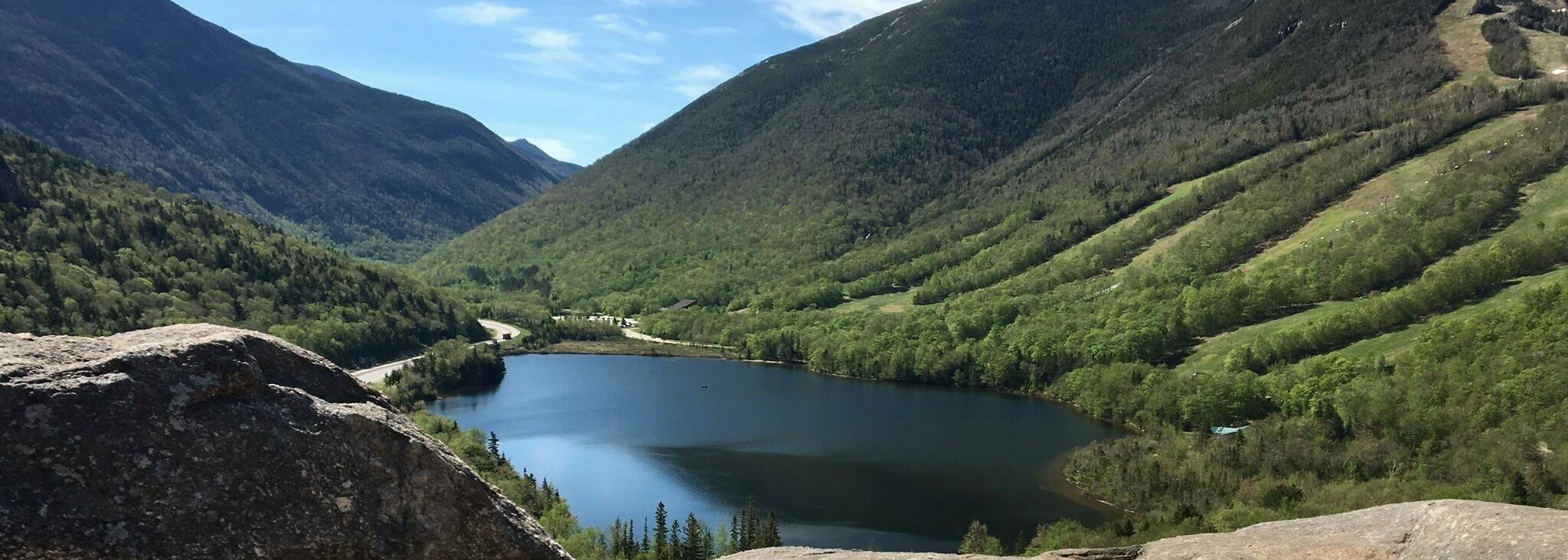
NH LAKES and the Lake Sunapee Protective Association Team Up
Concord, N.H., July 8, 2024 – With boating season in full swing, NH LAKES and the Lake Sunapee Protective Association (LSPA) have joined forces to help boaters prevent the spread of aquatic invasive species at Lake Sunapee.
NH LAKES is placing nearly 600 Lake Host courtesy boat inspectors at boat ramps throughout the state this summer to meet and greet boaters and help them hand-remove invasive plant fragments trying to hitchhike into and out of waterbodies. They also collaborate with local communities to provide a best-tech approach to help boaters prevent the spread of invasive plants and animals. Thanks to the support of LSPA and the cooperation of the New Hampshire Department of Parks and Recreation, NH LAKES’ watercraft cleaning station will be available for boaters to use, free of charge, at the Sunapee State Beach boat ramp until August 1.
“We are happy to have the CD3 unit back at the Sunapee State Beach boat ramp this summer,” states Elizabeth Harper, LSPA’s Executive Director. “Preventing invasive species introductions requires a combination of efforts. This important tool, along with the Lake Host program and LSPA’s Invasive Watch volunteers, helps to keep invasive species from taking hold in Lake Sunapee.”
While it is difficult for boaters to manually clean, drain, and dry out every drop of water from their boats, trailers, and gear, the NH LAKES’ solar-powered Clean, Drain, Dry & Dispose Unit provides tools and equipment that help boaters remove invasive plant fragments and drops of water that may contain invasive animals from hard to reach areas. With the news of the invasive spiny water flea making its way into New Hampshire’s lakes last fall, it is more important than ever to clean boats to the best of our ability.
Invasive plants and animals degrade the health of our lakes and make them dangerous to recreate in. They are difficult and expensive to manage, and almost impossible to get rid of once firmly established in a waterbody. The main way they spread from waterbody to waterbody is by hitching a ride on boats, trailers, and gear that have not been properly cleaned, drained, and dried between uses.
Thanks to the efforts of Lake Hosts, the rate of invasive plant spread between waterbodies in New Hampshire has decreased over the past decade. However, the spread of invasive animals has been on the rise. The main way invasive animals spread is by hitchhiking while in their microscopic larval form trapped in drops of water in boat motors, bilges, ballast tanks and bags, and other compartments that hold water. It is difficult for Lake Hosts and boaters to remove all standing water without special tools.
“More needs to be done to help boaters prevent the spread of invasive species, particularly invasive animals. We’ve deployed our watercraft cleaning unit to help,” explains Andrea LaMoreaux, NH LAKES President. “Boaters can use the high-pressure blower, scrub brush, long-handled pickers, and the vacuum to suck up any water that hasn’t already drained out. It is easy and free to use any time of day–it even has outdoor lights. And it only takes about five minutes per boat.”
To find out more about NH LAKES watercraft cleaning station, visit nhlakes.org/watercraft-cleaning-station.


 by Martech Consulting
by Martech Consulting